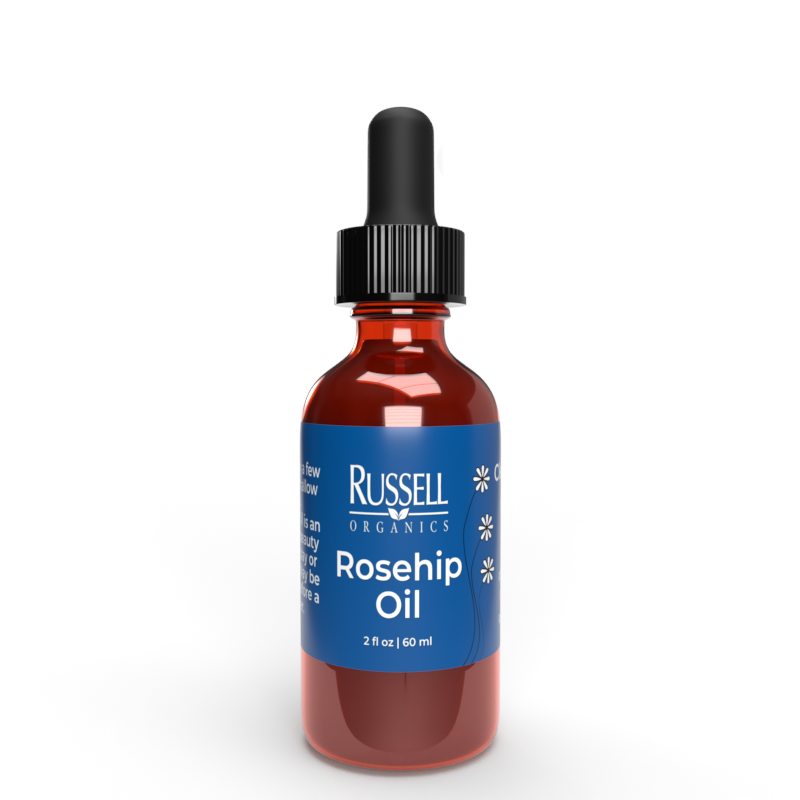All That You Need to Know About Rosehip Oil
All That You Need to Know About Rosehip Oil
Blog Article

Rosehip seed oil, extracted from the seeds of the wild rose bush, has gained immense popularity in the skincare industry due to its numerous benefits. Rich in essential nutrients and rosehip oil and rosacea fatty acids, this versatile oil offers a natural remedy for a variety of skin concerns. In this article, we will explore the diverse skin benefits of applying rosehip oil topically.
Vitamin Powerhouse
One key reason rosehip oil is highly beneficial for the skin is its high vitamin content. Rosehip oil is particularly rich in vitamins A, C, and E. These essential vitamins are vital in preserving skin health.
Vitamin A
Vitamin A is a well-known ingredient in various skincare products for its ability to promote skin cell regeneration. This nutrient helps reduce the visibility of fine lines and wrinkles. It also supports collagen production, crucial for maintaining the skin's elasticity and firmness.
Ascorbic Acid
Vitamin C is another potent antioxidant found in rosehip oil. It helps protect the skin from damage caused by free radicals and environmental stressors. Additionally, this vitamin is recognized for its brightening properties. Consistent application of rosehip oil can help even out the skin tone and reduce hyperpigmentation.
Tocopherol
Tocopherol is a critical nutrient for healthy skin. It serves as a strong antioxidant, protecting the skin from oxidative damage. This vitamin also aids in maintaining the skin's moisture barrier, preventing excessive dryness and keeping the skin hydrated.
Essential Fatty Acids
In addition to vitamins, rosehip oil contains essential fatty acids, including omega-3, omega-6, and omega-9. These fatty acids are essential in preserving the skin's natural protective barrier and locking in moisture.
Omega-3 Fatty Acids
Omega-3 fatty acids are recognized for their anti-inflammatory effects. These acids help calm irritated and inflamed skin. For those with sensitive or acne-prone complexions, rosehip oil can be particularly beneficial.
Omega-6 Fatty Acids
Linoleic acid play a key role in maintaining the skin's barrier integrity. These acids help prevent moisture loss and maintain skin hydration. Additionally, linoleic acid is known for helping reduce acne by regulating oil production.
Oleic Acid
Oleic acid offer nourishment and hydration to the skin. They are also known to improve the absorption of other beneficial ingredients in skincare products.
Fighting the Signs of Aging
Rosehip oil is famous for its ability to combat signs of aging. Consistent application of this oil can help reduce the visibility of fine lines, wrinkles, and age spots.
Boosts Collagen Production
As mentioned earlier, this oil includes vitamin A, which helps stimulate collagen production. Increased collagen levels lead to firmer and more elastic skin. It reduces the appearance of fine lines and wrinkles, making the skin look.
Hyperpigmentation Reduction
The vitamin C content in rosehip oil helps fade dark spots and hyperpigmentation. Regular application of the oil can result in a more even skin tone and brighter complexion.
Texture Improvement
Rosehip oil also helps improving skin texture. It encourages skin cell turnover, leading to smoother and more refined skin. Additionally, the moisturizing qualities of the oil help the skin stay soft and supple.
Deep Hydration
One of the key benefits of rosehip oil is its ability to moisturize and hydrate the skin. Its lightweight texture allows for easy absorption without leaving a greasy residue.
Locks in Moisture
Fatty acids present in rosehip oil assist in moisture retention, preventing skin dryness and keeping the skin hydrated. This feature makes rosehip oil an excellent choice for individuals with dry, dehydrated skin.
Strengthens the Skin Barrier
Strengthening the skin's natural protective barrier, rosehip oil helps preventing moisture loss and protects against environmental damage. This is particularly beneficial for those with sensitive skin.
Healing Properties
Another notable benefit of rosehip oil is its healing capabilities. Its high content of vitamins and fatty acids helps repair damaged skin and promotes healing.
Scar Reduction
The vitamin A and fatty acids in rosehip oil assist in reducing the appearance of scars, including acne scars and surgical scars. Regular use of the oil can result in less visible, smoother scars.
Inflammation Relief
Rosehip oil's anti-inflammatory properties help soothe irritated and inflamed skin. This makes it an excellent choice for skin care needs.
Report this page